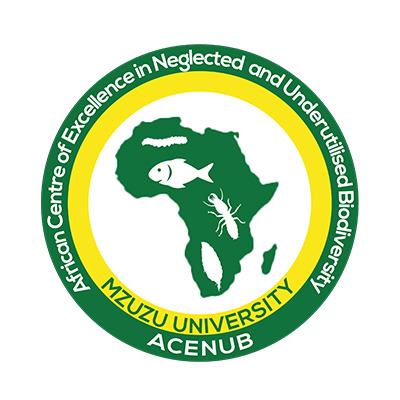Low levels of agricultural productivity, which has exacerbated food insecurity and slowed poverty reduction, is partly driven by skill constraints and the slow adoption of technology. Primarily this low productivity is because of factors such as frequent droughts, rampant diseases (crop and livestock), unimproved crop varieties, lack of access to quality seeds/fertilizers, and poor management of water resources.
However to address these challenges, Africa needs trained personnel such as agribusiness specialists/managers, crop scientists, plant breeders, veterinarians, agronomists, water and irrigation engineers, and food preservation and processing specialists to drive innovative research and teaching for agricultural advancement, improved nutrition, and agricultural sustainability.
Africa has moved from being a food exporter in the 1970s to a food importer whose share of agricultural exports has fallen from eight percent to two percent; Thailand’s share of agricultural exports as a share of world exports is now greater than SSA’s share (figure 3, left). Even though the value of the food market in Africa is predicted to rise threefold in the coming decades, the region will be unable to meet this demand due to low productivity, inadequate capacity, and slow adoption of technology. For example, maize yields in SSA is the lowest in the world.
In Agriculture, ACE II seeks to address development needs in the following areas:
- Agribusiness (crop and livestock sciences, agricultural engineering, agro/food processing and packaging; value chain)
- Climate and environmental smart agriculture
- Agricultural land management
- Water resource management, hydrology and irrigation
- Marine and ocean sciences
- Unspecified (room for innovation)
There are eight selected ACEs in the agriculture area, based in Ethiopia, Kenya, Malawi, Tanzania, and Uganda. They will address development challenges of food insecurity and rural poverty by focusing on sustainable agriculture and agribusiness development and management, e.g., developing value chain capacity in the use of biotechnology and climate smart agriculture to increase crop and livestock productivity and fisheries; developing technology to exploit the potential of edible insects as a source of protein; increasing the relevance of their training programs through internships, tracer studies, and wide stakeholder consultations; and producing scientists who can address issues of climate change adaptability, agricultural sustainability, and food insecurity.
Selected ACEs and their universities in Agriculture
| AGRICULTURE | |
| Egerton University | Center of Excellence in Sustainable Agriculture & Agribusiness Management |
| Haramaya University | ACE for Climate Smart Agriculture and Biodiversity Conservation |
| Lilongwe University of Agriculture & Natural Resources, Malawi | ACE for Aquaculture and Fisheries Science |
| Nelson Mandela African Institution of Science & Technology, Tanzania | Collaborating Center for Research, Evidence, Agricultural Advancement and Teaching Excellence & Sustainability |
| JaramogiOgingaOdinga University of Science & Technology | Center of Excellence in Sustainable Use of Insects as Food and Feeds |
| Sokoine University of Agriculture | ACE for Innovative Rodent Pest Management & Biosensor Technology Development |
| Makerere University, Uganda | Center for Crop Improvement |
| Uganda Martyrs University, Uganda | African Center for Agro-Ecology & Livelihood Systems |









